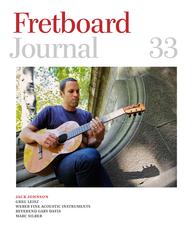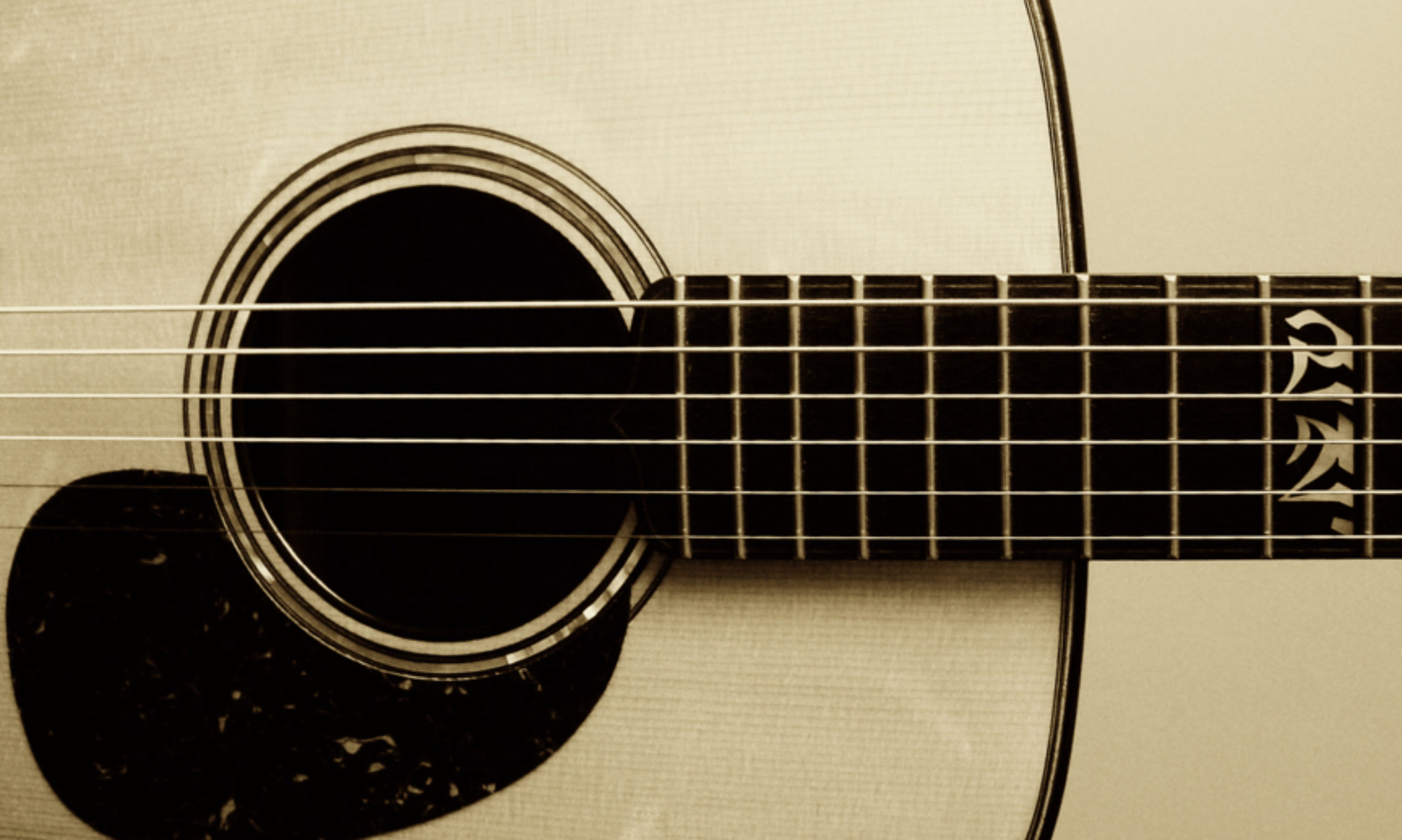These were the very first paragraphs I read on the very first day of this year. I suspect I may not read anything more beautiful or near-perfect for the rest of 2015.
“There is a coarse grain in the air of the American Experience, and know it or not it has marked all of us, the way coal dust etches fixed black lines upon the lungs of miners who feel the tug with every laugh and sigh.
It is a weather system all its own, our humid cultural atmosphere: sweet as magnolia, as oily and foreboding as gunmetal upon the tongue. From the auction block to the Harlem Renaissance and on to Selma; from the Appalachian Trail to Attica; from Lewis and Clark to Harpo, Chico, Sacco, and Vanzetti; Lincoln and Douglas through to Washington’s current rancorous desperations — our national narrative, historically, has been a moveable feast, both beautiful and brutal, and it’s never been more authenticall articulated than in the language of folk songs, for they stand outside of time and speak freely, with loyalty to nothing but the truth.
Understand that when I speak of folk, it is not as a genre distinction beholden to any particular tone or instrumentation, but rather is specific to songs — ones that grow out of a regional landscape, and speak to and of those who have done the same; thus the great long table has chairs not only for Doc Boggs and the Carter Family, but Little Richard as well. Sister Rosetta sitteth at the right hand of Louis Armstrong, the father almighty, but also across from Link Wray and Nina Simone; Leadbelly and Lee Dorsey; Charles Mingus, Robert Johnson, Woody Guthrie, Geechie Wiley, and Duke Ellington; Bessie Smith, and Hank Williams; all of them giving voice to the country’s collective ragged and weary soul, its ferocious and troubled heart.
Songs tell our story most authentically because, like us, they are constantly evolving within their framework, forever being reimagined and reanimated. Every time they are taken up and sung out they are newly ratified, as all truths demand to be. Facts are cast in bronze — throw shadows and collect dust, I mean to say, but Truth is a river; and it’s sliding moan is our familial song upon it. Songs deconstruct our singular experiences and reassemble them as useful mythologies, to be parsed and shared in both sharp unison and blurred harmony. “Spike Driver’s Blues” and “Pretty Boy Floyd” underscore our distinct human condition, our cultural character, more authentically and viscerally than does, say, the Constitution. They represent only two, but are true living documents that stride and wail, invite themselves onto our tongues and then into the air like sparks from a stirred fire; are rooted in suffering and borne aloft by the deep desire not to be.
Songs are our signifiers, lifting our spirits and bubbling beneath us like subtitles, explaining us to ourselves.“
Opening paragraphs of the article Go Tell It On The Mountain: Greg Leisz And The Architecture Of Song by Joe Henry

